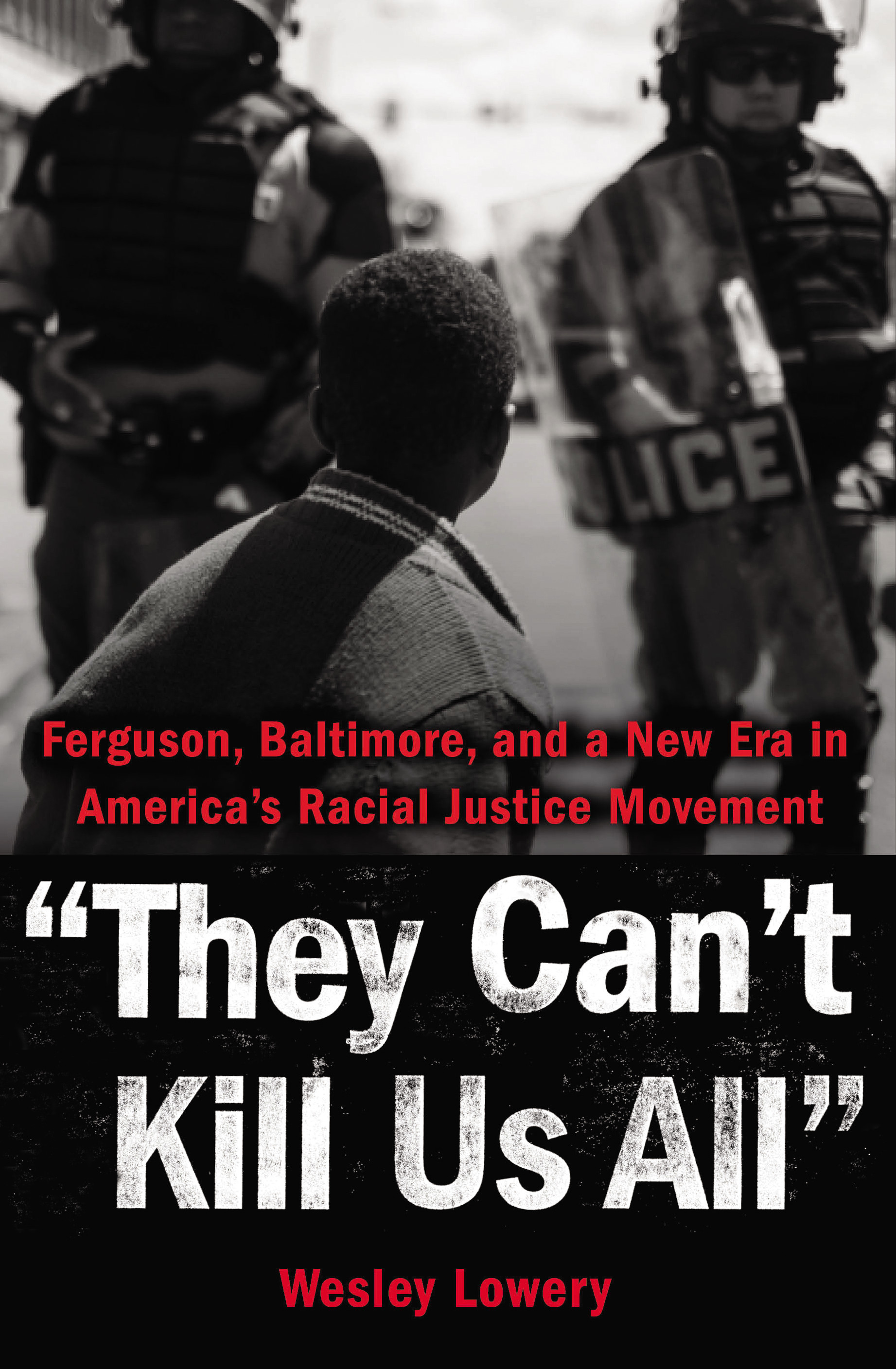Subscribe to Read
Sign up today to enjoy a complimentary trial and begin exploring the world of books! You have the freedom to cancel at your convenience.
They Can't Kill Us All: Ferguson, Baltimore, and a New Era in America’s Racial Justice Movement
| Title | They Can't Kill Us All: Ferguson, Baltimore, and a New Era in America’s Racial Justice Movement |
| Writer | |
| Date | 2025-04-19 12:12:48 |
| Type | |
| Link | Listen Read |
Desciption
A deeply reported book that brings alive the quest for justice in the deaths of Michael Brown, Tamir Rice, and Freddie Gray, offering both unparalleled insight into the reality of police violence in America and an intimate, moving portrait of those working to end itConducting hundreds of interviews during the course of over one year reporting on the ground, Washington Post writer Wesley Lowery traveled from Ferguson, Missouri, to Cleveland, Ohio; Charleston, South Carolina; and Baltimore, Maryland; and then back to Ferguson to uncover life inside the most heavily policed, if otherwise neglected, corners of America today.In an effort to grasp the magnitude of the response to Michael Brown's death and understand the scale of the problem police violence represents, Lowery speaks to Brown's family and the families of other victims other victims' families as well as local activists. By posing the question, "What does the loss of any one life mean to the rest of the nation?" Lowery examines the cumulative effect of decades of racially biased policing in segregated neighborhoods with failing schools, crumbling infrastructure and too few jobs.Studded with moments of joy, and tragedy, They Can't Kill Us All offers a historically informed look at the standoff between the police and those they are sworn to protect, showing that civil unrest is just one tool of resistance in the broader struggle for justice. As Lowery brings vividly to life, the protests against police killings are also about the black community's long history on the receiving end of perceived and actual acts of injustice and discrimination. They Can't Kill Us All grapples with a persistent if also largely unexamined aspect of the otherwise transformative presidency of Barack Obama: the failure to deliver tangible security and opportunity to those Americans most in need of both. They Can't Kill Us All is a galvanizing book that offers more than just behind-the-scenes coverage of the story of citizen resistance to police brutality. It will also explain where the movement came from, where it is headed and where it still has to go.
Review
3.5 starsI've been thinking about this review for some time; I have so many jumbled thoughts about the book, the author, and the subject matter that i'm finding it hard to know where to start or even what I want to say.Is it important to talk about the Black Lives Matter movement? Absolutely yes. Is Wesley Lowery the right person to do it? Yes. And maybe no. He was intertwined with the various investigations and popular responses from the start, even getting arrested himself for little more than being black in the wrong place at the wrong time (in Ferguson). He seems to have connections with both the major players and random public, comments from these groups give this book real life and emotion. Yet his own anger shows through, in his original newspaper writings and tweets as well as in this book. The fact that he acknowledges this goes some way to making it less of an issue. Maybe partiality isn't a problem in this kind of book. Maybe it's impossible not to be: can a young black man in America not have an opinion? Especially as a reporter who has been focusing on the deaths of other (mainly) young black men.Perhaps it only occurred to me because the overwhelming feeling I got from the book was that the whole subject is subsumed under a wealth of misinformation, rumour, lies, sensationalism, and avoidance. False reporting, insider sources who lie or get it wrong, rumour mill ideas of what happened and when, twitter 'news', set opinions, exaggeration or underestimation according to preconceived ideas/professional position/or aims. There is so little clarity to be had because it is drowned in the sea of 'he said/she said/they said'. Waves of outrage are undermined or determined by questions about the 'quality' of the victim and discussions of whether he 'deserved' it because of how he'd lived before. The police and system of law aim to protect their own, which despite being a fundamental part of the service, should not include those who are a danger to those they are supposed to protect and serve. Nobody seems to know what the hell is going on or what needs to be done to stop it. Until these deaths became big news, there wasn't even a national database of police shootings in the States. So much miscommunication and misunderstanding. The more you read, the more depressing and confusing it all becomes.All this comes across in the book because explanation is driven by emotion, by personal accounts and the fearful, tear stained faces of those who have lost friends and loved ones. It's evaluative in parts, but the impact is in the stories of individuals interviewed by Lowery. That makes the book an important resource, but not an authority. He offers no solutions and no ways to move forward, but it is necessary that he, and others, keep asking the questions.ARC via Netgalley




